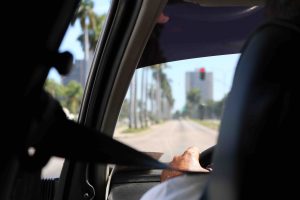Driving under the influence (DUI) typically brings to mind the image of someone driving after consuming alcohol or illegal drugs. However, in Illinois, as in many other states, you can also be arrested and charged with a DUI for operating a vehicle under the influence of legally prescribed medications. Illinois law is clear—any substance that impairs your ability to drive safely can lead to a DUI charge, including prescription pain medications and certain over-the-counter drugs.
Under Illinois DUI Law 625 ILCS 5/11-501(a)(4), a person is guilty of a DUI if they are in control of a vehicle and are under the influence of alcoholic beverages, chemical substances, or controlled substances to the extent that their normal faculties are impaired. This includes a wide range of medications prescribed for pain, anxiety, or other medical conditions that can impair motor skills, reaction times, and cognitive functions.
 Chicago Criminal Lawyer Blog
Chicago Criminal Lawyer Blog





